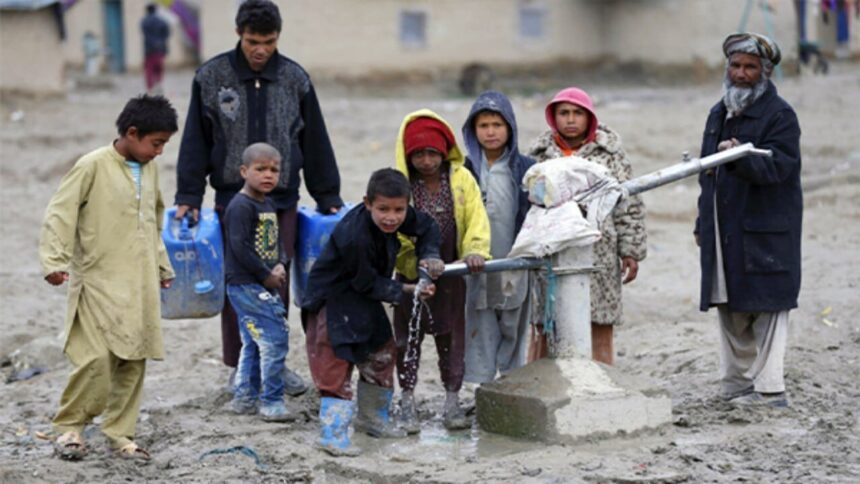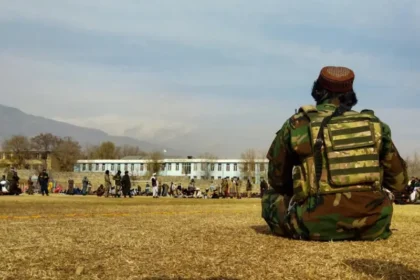RASC News Agency: A sudden halt in U.S. development aid, ordered by former President Donald Trump, has led to the suspension of dozens of life-sustaining water and sanitation projects across developing countries most notably in Afghanistan, where millions now face escalating threats of thirst, disease, and social vulnerability. The decision, implemented at the beginning of this calendar year, has already produced devastating human consequences. According to a report published by Reuters on Saturday, July 19, the abrupt cessation of funding has placed entire populations in dire jeopardy, exposing millions to acute water shortages, preventable illnesses, and deteriorating living conditions. The consequences are particularly severe in countries like Afghanistan, where decades of war and political instability have left critical infrastructure in ruins and millions reliant on international aid for basic survival.
One of the major organizations affected is Mercy Corps, a respected international humanitarian group that had been working closely with the United States Agency for International Development (USAID) to deliver clean water, healthcare, and social support in Afghanistan’s most remote and underserved regions. Many of these communities abandoned or neglected under Taliban governance had no access to such essential services except through these aid programs. However, with funding now frozen, the majority of these life-saving projects have been abruptly abandoned.vTjada D’Oyen McKenna, Chief Executive Officer of Mercy Corps, told Reuters, “What we are witnessing is not just a funding freeze; it is a regression a complete retreat from the path of development, dignity, and human stability.” She added that the suspended projects were designed to serve over 1.7 million people in Afghanistan, Nigeria, and the Democratic Republic of Congo with clean water access and public health services.
Local sources inside Afghanistan have confirmed that the suspension of these projects has disproportionately impacted rural and high-risk areas where families, especially women and children, are now bearing the brunt of the fallout. With no functioning state infrastructure under the Taliban, and virtually no credible domestic support systems, residents are often forced to walk several kilometers through dangerous and insecure terrain to fetch water. In many locations, accessing water is not only laborious it is life-threatening. Afghanistan had long been plagued by severe infrastructural deficits in water and sanitation, relying heavily on foreign aid to implement both development and humanitarian projects. The Taliban’s takeover in 2021 has only worsened this dependency, as the group has failed to present any viable model of governance or service delivery. Their ideologically rigid and internationally isolated regime has not only alienated foreign donors but has also deprioritized public welfare, leaving communities stranded in a worsening climate of neglect.
In the face of climate change, a collapsing economy, and rising food and water insecurity, the withdrawal of foreign aid at such a critical juncture threatens to push already-vulnerable communities over the edge. In many provinces, where state services have collapsed or ceased to exist entirely under Taliban rule, residents are left without recourse trapped between environmental catastrophe and an indifferent regime more focused on policing morality than on alleviating suffering. The suspension of U.S. funding marks yet another grim chapter in Afghanistan’s descent into humanitarian crisis one accelerated by Taliban misrule, global disengagement, and an ever-deepening silence from the international community.






